Optimal Timing for Land Clearing
Understanding the optimal timing for land clearings can improve efficiency and results. The best time depends on seasonal weather patterns, soil conditions, and project goals. Proper timing ensures minimal disruption to the land and maximizes safety and cost-effectiveness.
Spring offers favorable conditions with moderate temperatures and manageable soil moisture, making it suitable for land clearing projects before the peak growing season.
Summer may present challenges like high temperatures and increased vegetation growth, which can complicate clearing efforts. However, dry conditions can facilitate certain tasks.
Fall provides cooler weather and less plant growth, reducing the risk of regrowth and making it a practical time for land clearing before winter.
Winter is ideal in colder regions with frozen ground, allowing for easier removal of debris and reduced soil disturbance. It's less suitable in areas with snow or soft, thawed soil.
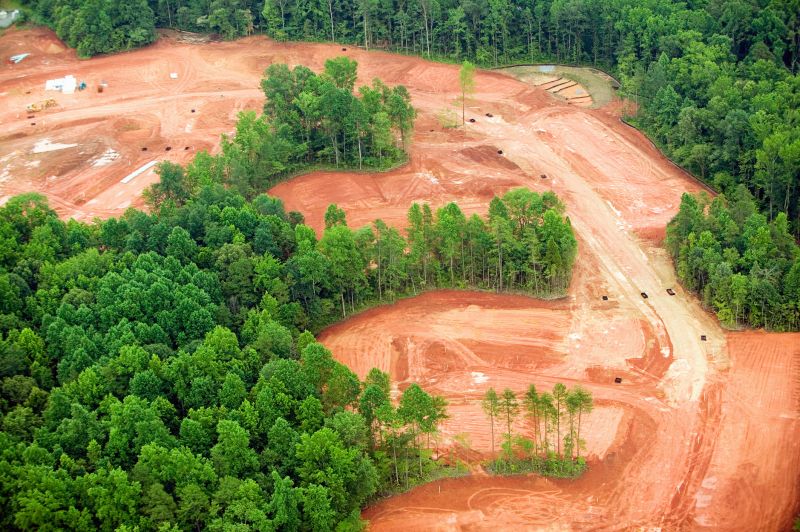
Ways to make Land Clearings work in tight or awkward layouts.
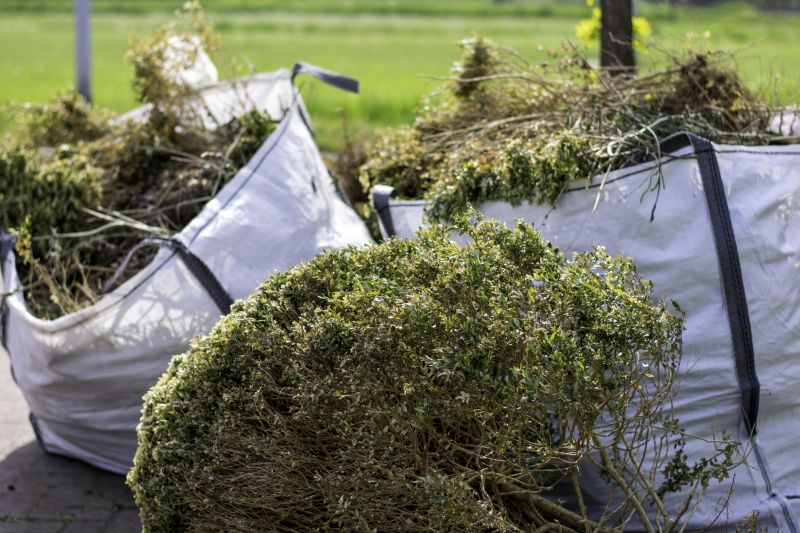
Popular materials for Land Clearings and why they hold up over time.
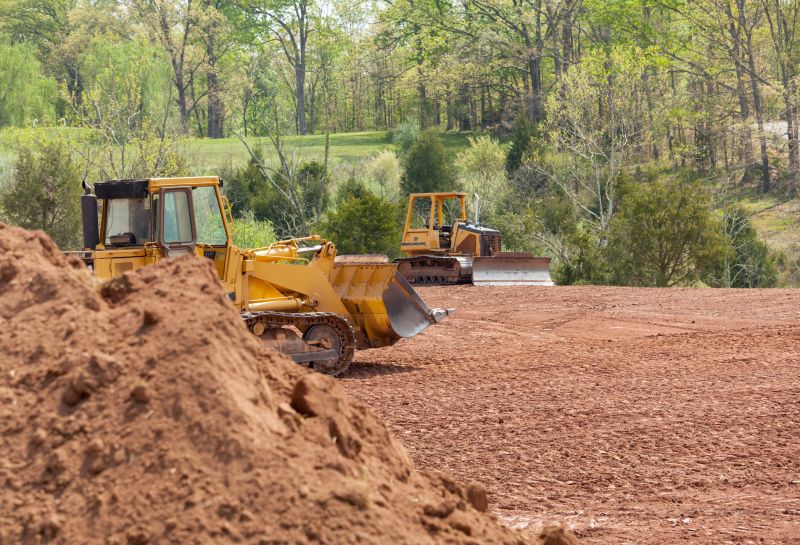
Simple add-ons that improve Land Clearings without blowing the budget.
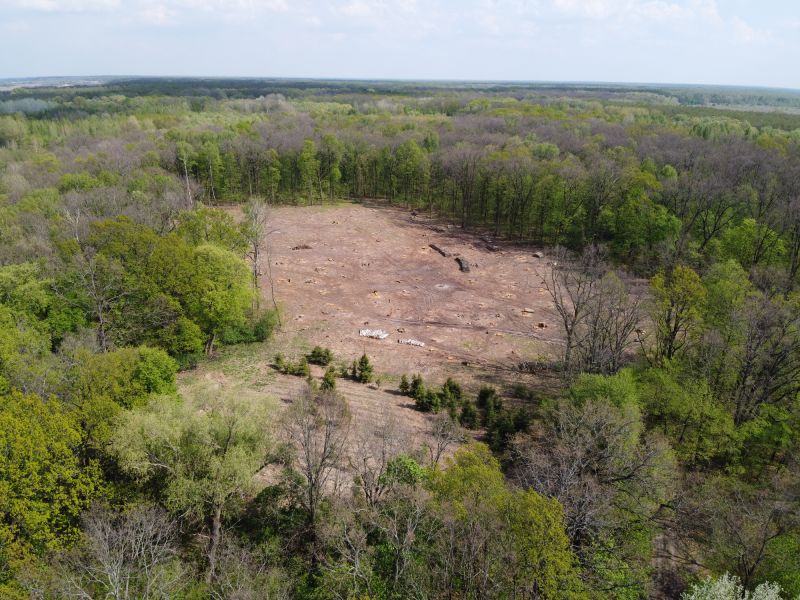
High-end options that actually feel worth it for Land Clearings.
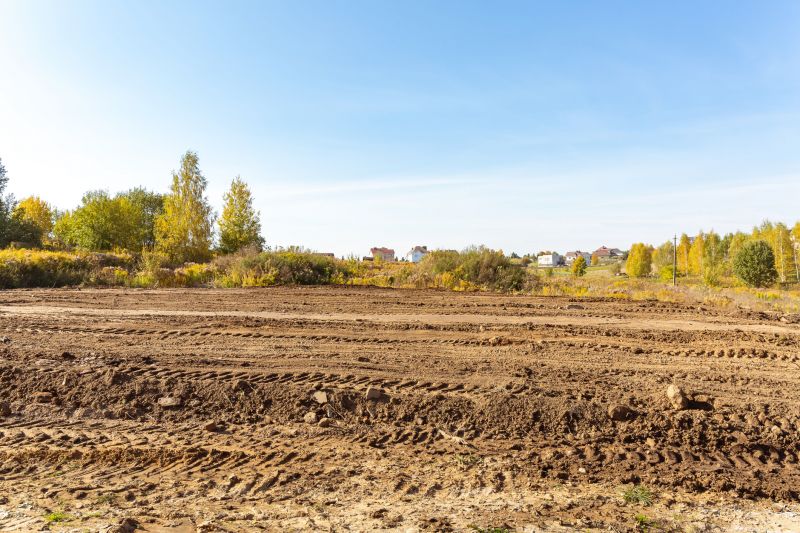
Finishes and colors that play nicely with Land Clearings.

Little measurements that prevent headaches on Land Clearings day.
Land clearing involves removing trees, brush, and other obstacles to prepare a site for construction, agriculture, or development. Proper timing can reduce costs, improve safety, and enhance the quality of the results. Seasonal considerations also impact equipment choice and labor planning.
| Season | Ideal Conditions |
|---|---|
| Spring | Moderate temperatures, manageable soil moisture, early growth period |
| Summer | Dry conditions, higher vegetation growth, increased heat |
| Fall | Cooler weather, less plant growth, pre-winter preparation |
| Winter | Frozen ground, minimal vegetation, ideal in colder regions |
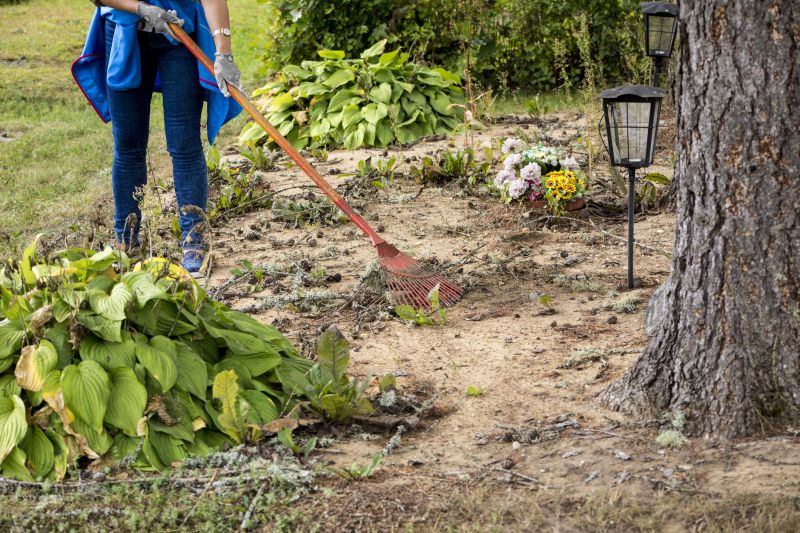
A 60-second routine that keeps Land Clearings looking new.
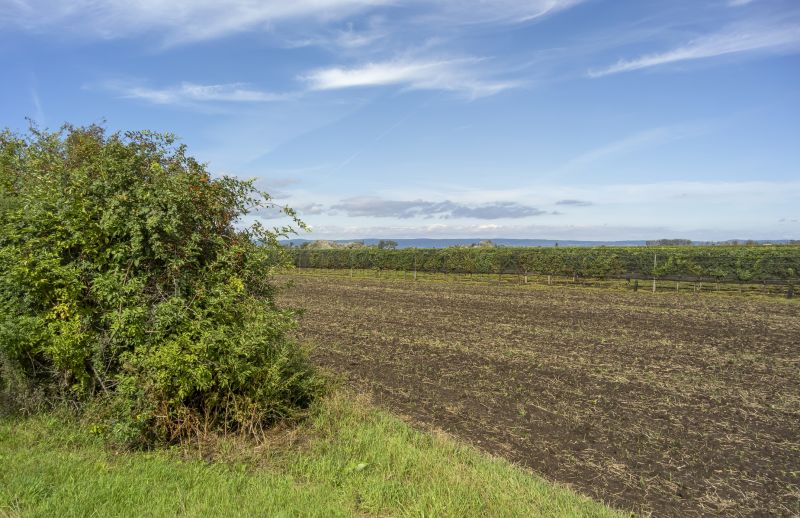
A frequent mistake in Land Clearings and how to dodge it.
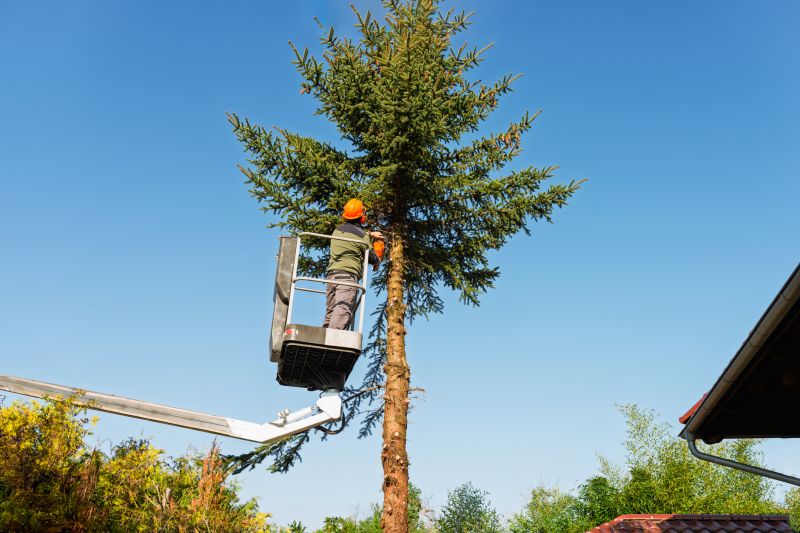
Small tweaks to make Land Clearings safer and easier to use.
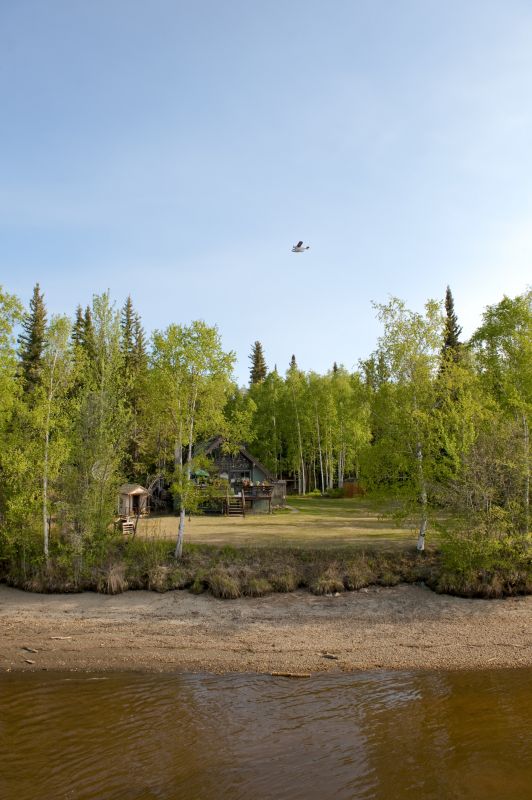
Lower-waste or water-saving choices for Land Clearings.
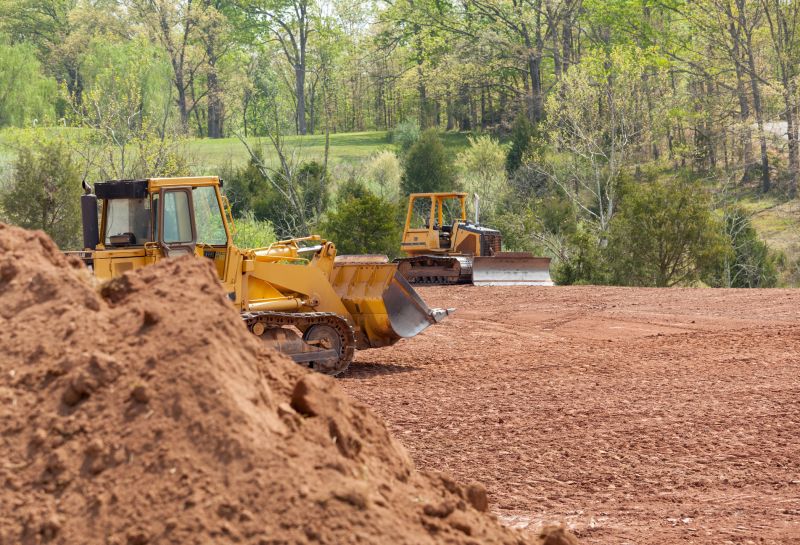
The short, realistic tool list for quality Land Clearings.
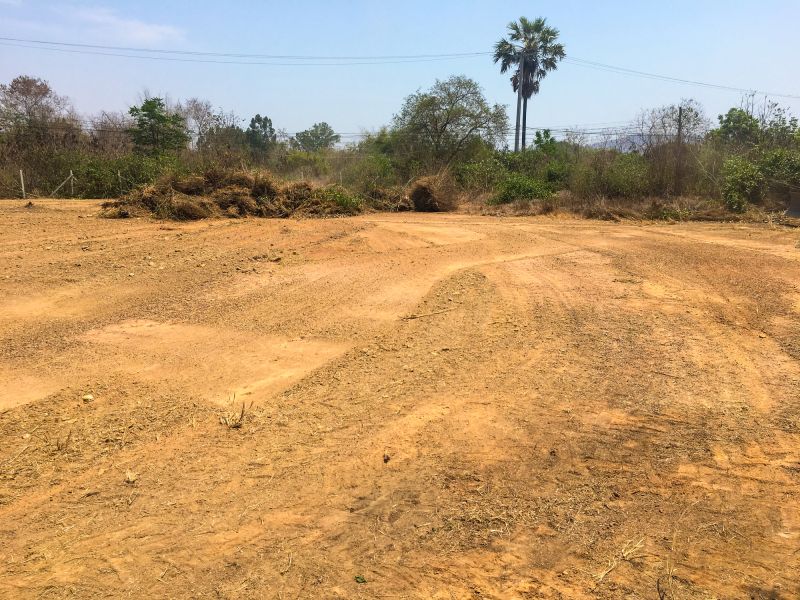
Rough timing from prep to clean-up for Land Clearings.
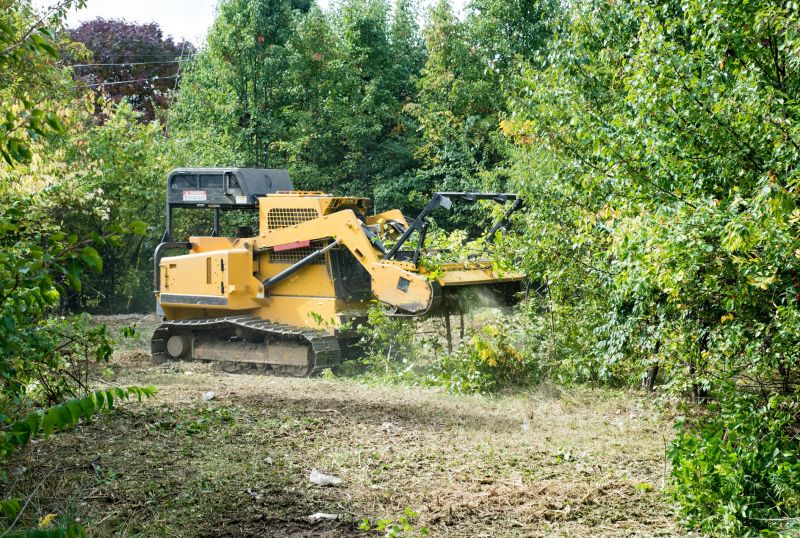
Quick checks and paperwork to keep after Land Clearings.
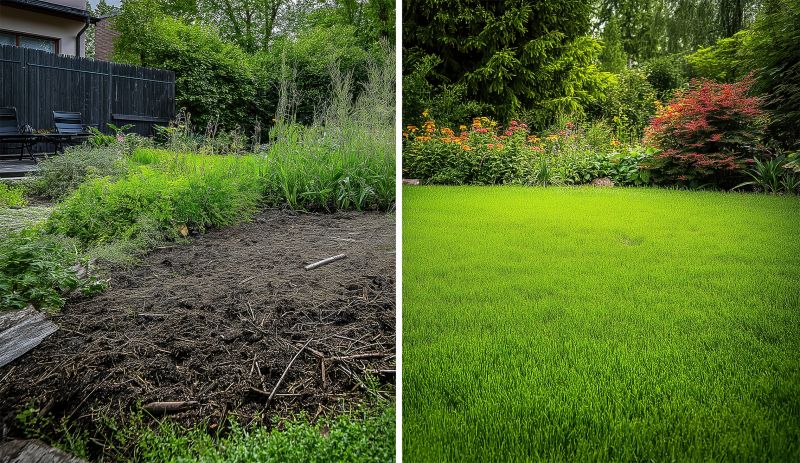
Examples that show the impact a good Land Clearings can make.

Ways to make Land Clearings work in tight or awkward layouts.
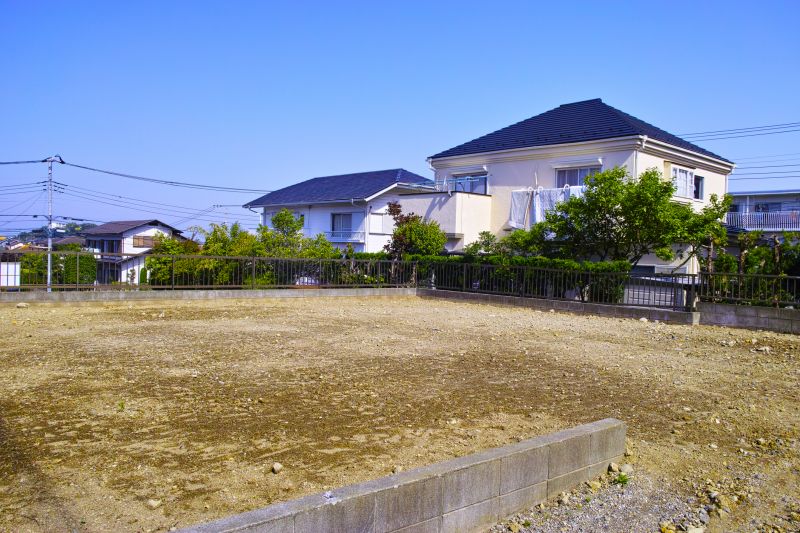
Ways to make Land Clearings work in tight or awkward layouts.
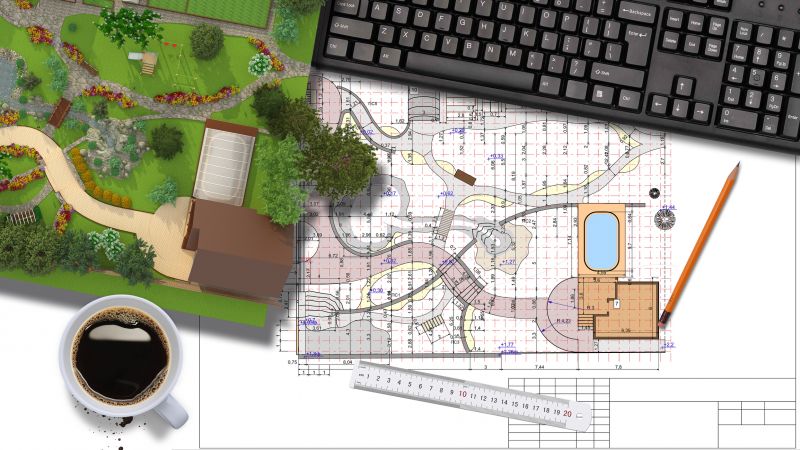
Ways to make Land Clearings work in tight or awkward layouts.

Ways to make Land Clearings work in tight or awkward layouts.
Choosing the right time for land clearing depends on project scope, local climate, and land conditions. Proper planning ensures efficient use of resources and minimizes environmental impact. Consulting with land management professionals can aid in selecting the most suitable season.
A: Climate, soil conditions, vegetation growth, and project deadlines are key factors.
A: Rain can hinder equipment operation and cause soil erosion, making it less ideal.
A: Yes, in colder months, frozen ground can facilitate easier debris removal and soil stability.
A: Increased growth in spring and summer can complicate clearing but may be manageable with proper planning.
